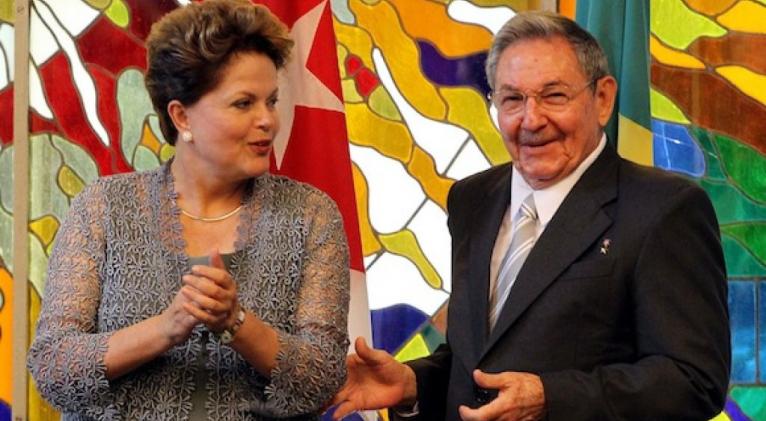U.S. Republican Triumph Plunges Americas Summit into Crisis
especiales

With Republican control of both houses of the U.S. Congress, the main problem for Brazil in terms of U.S. relations should not be primarily in the bilateral sphere.
It will center on Cuba.
Let me explain. In April 2015 will be held the 7th Summit of the Americas, a meeting of all countries in the Americas from which Cuba is excluded.
It happens that the so-called Bolivarian countries have already announced, at the previous summit, that they would only participate in the next meeting if Cuba were invited, to which the U.S. is opposed.
However, as anticipated, summit host Panama has already formally invited the Caribbean island.
If the U.S. insists on a veto, it will lead to the following deadlock: either President Barack Obama, indirectly expelled from an originally North American initiative, or Latin American countries – will not attend the summit.
Where does Brazil land in this story? Easy: Dilma Rousseff supports inviting Cuba, which means she will support a “disinvite” to Obama precisely when, in theory, an attempted rapprochement between the two governments would be well under way following the Edward Snowden episode.
Of course, this situation existed before the Republican victory, but after it, things have gotten far more difficult for Obama.
It happens that, in his first meeting with [former President] Luís Inácio Lula da Silva, Obama announced his intention to remove the embargo on Cuba by the end of his [first] term. On that basis, Lula’s government decided to invest in Cuban port of Mariel, which would only be of value for use to export to United States. That would only become possible – and be a very good deal – assuming a lifting of the sanctions.
Obama was unable (or unwilling) to lift the embargo, but he might be tempted to do so if there were less domestic resistance to the initiative. The victorious Republican Party, which regards the embargo as a matter of honor, renders this unlikely.
Difficulties with Cuba also mean difficulties with the so-called Bolivarian countries, namely Venezuela, Ecuador, Bolivia and Nicaragua – all fans of the Castroist regime.
Again, its relations with Brazil reflect, in a way, how the U.S. has outsourced the monitoring of South America.
This can be shown, as if it were still necessary, by the fact that UNASUR [Union of South American Nations], which excludes the U.S., that is trying to mediate [the civil unrest] in Venezuela, instead of the Organization of American States, which includes the U.S.
It is to be expected that with their new majority, the Republicans will pressure Venezuela – with which Brazil maintains close relations.
Apart from political issues there is the trade side: Republicans are traditionally less protectionist than Democrats.
So it will soon be easier to get through Congress the free trade agreements that are being negotiated.
Brazil, already isolated on the matter, will be further marginalized.
With all the economic complications lying ahead, diplomatic noises are something Dilma could thoroughly do without.













Add new comment